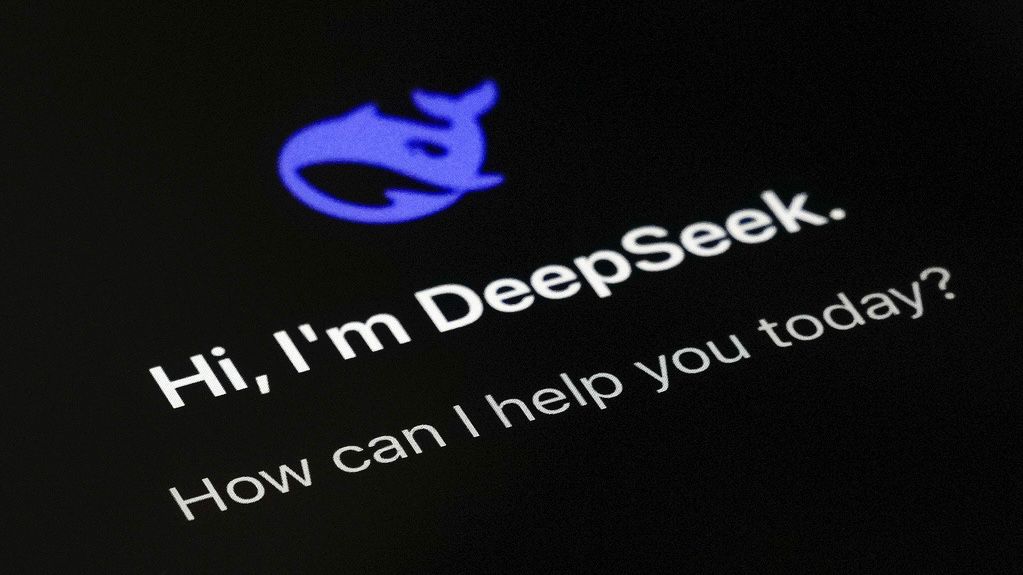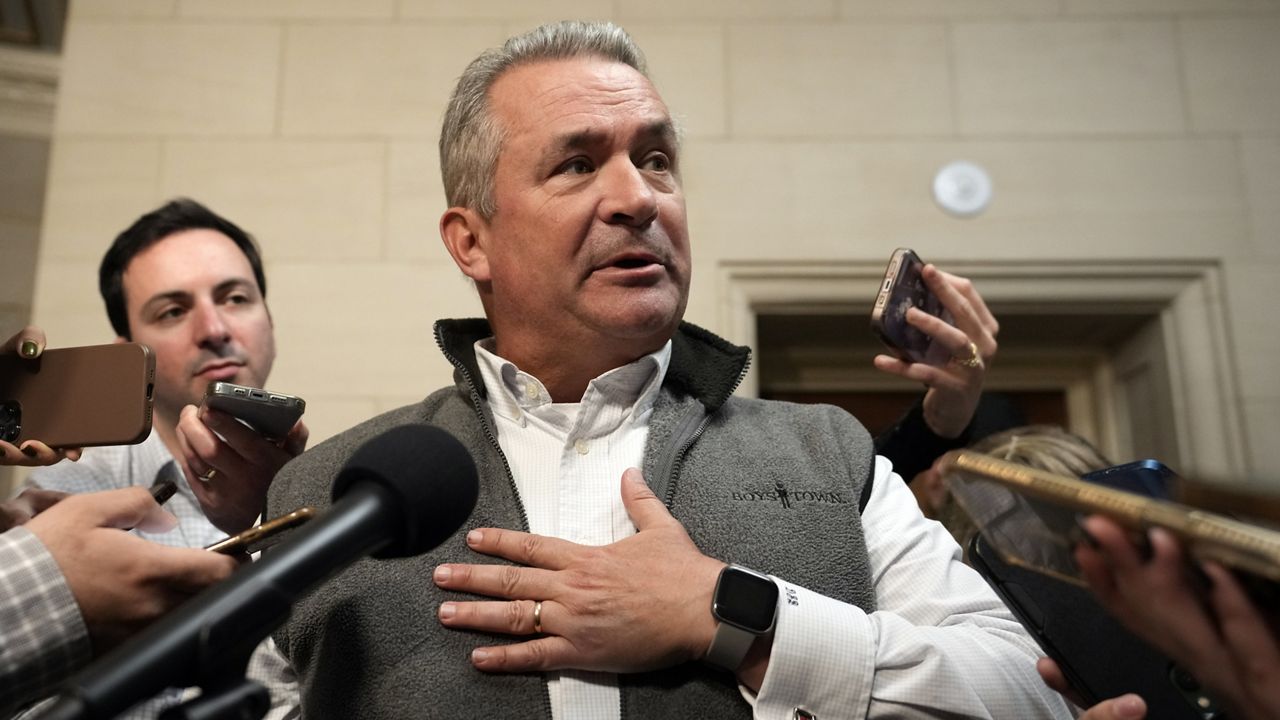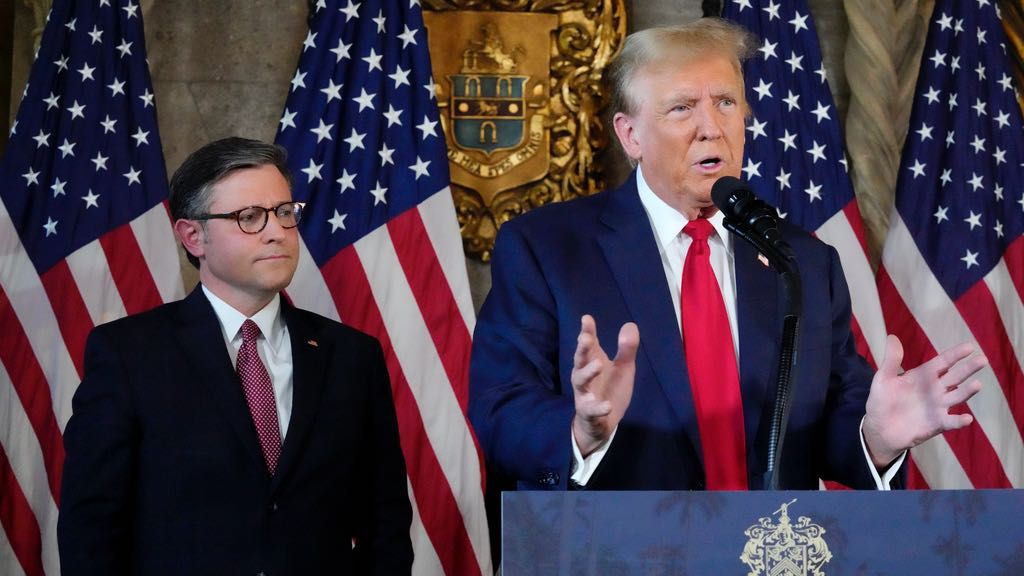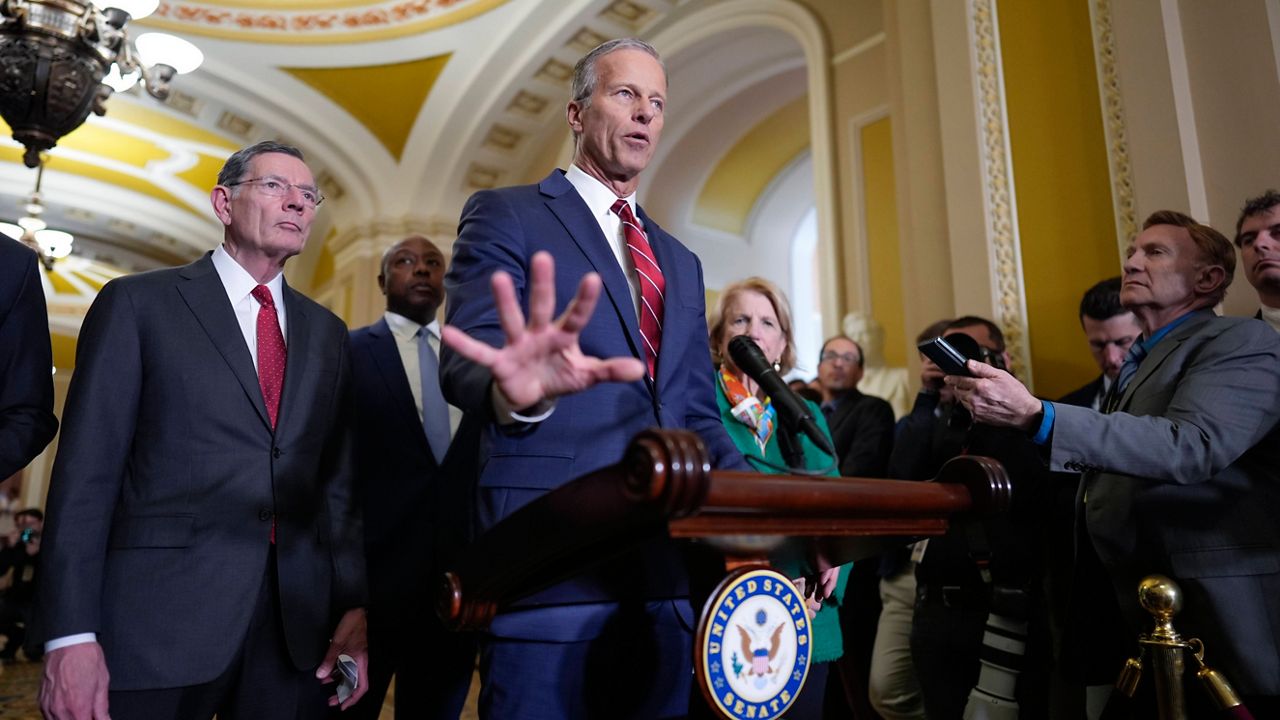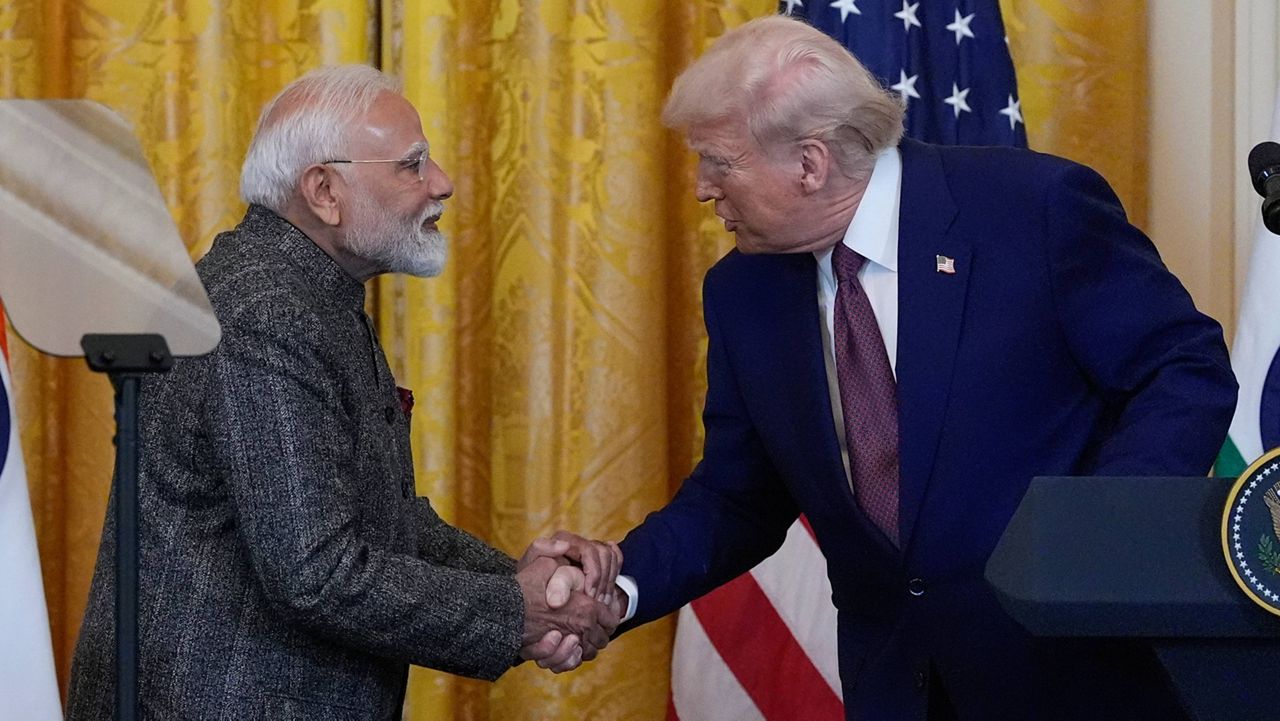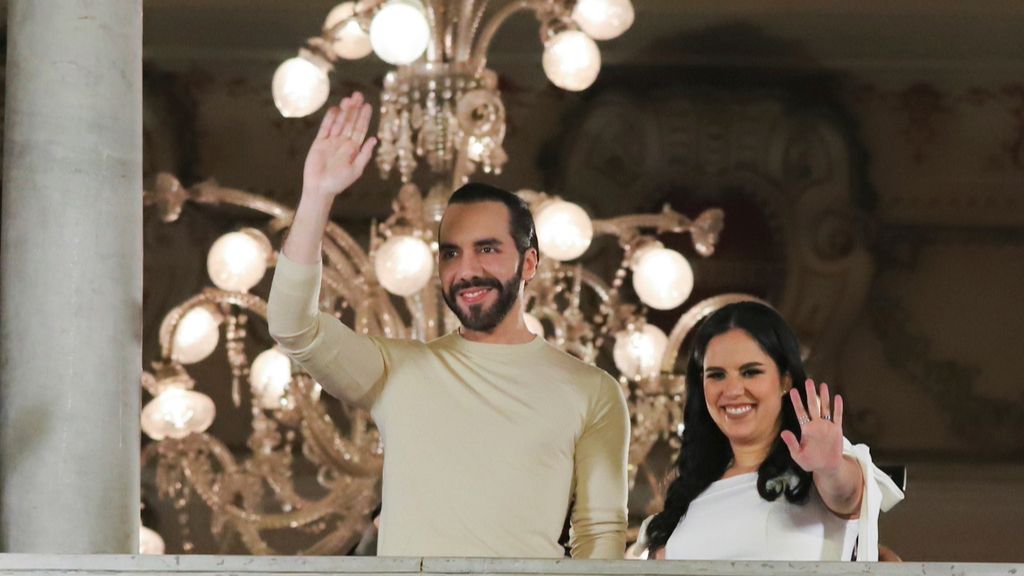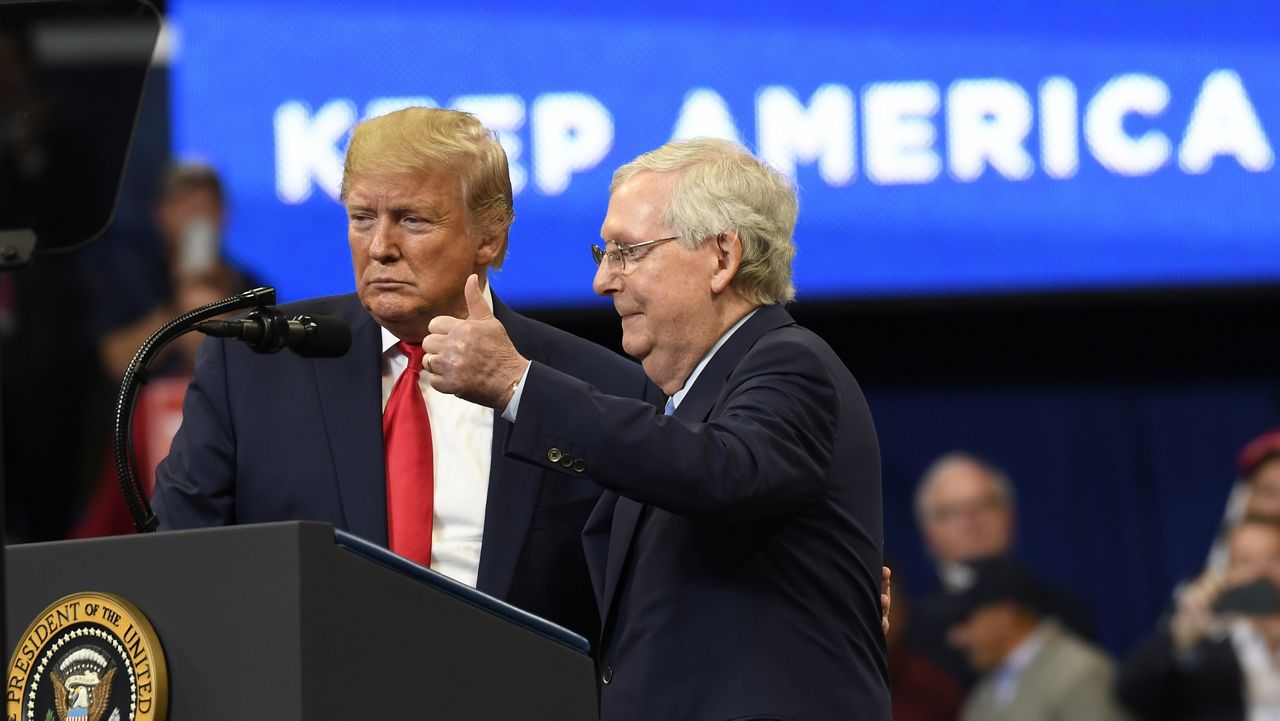WASHINGTON — Just weeks after the explosive release of an artificial intelligence chatbot from Chinese tech startup DeepSeek rattled the U.S., a bipartisan pair of lawmakers is launching an effort to ban it from government devices.
It comes as Washington is still grappling with its decision – currently delayed by an executive order from President Donald Trump – to bar Chinese-owned app TikTok in the U.S. unless it is sold to an American company.
The new legislation introduced Thursday by Josh Gottheimer, D-N.J., and Darin LaHood, R-Ill., – both members of the House Intelligence Committee – seeks to prohibit the presence of Deepseek on government-issued devices over concerns data from its users could be accessible by the Chinese government.
In a press release announcing the bill, the lawmakers pointed to new research showing the computer code for Deepseek is “directly linked” to China Mobile – which is owned by the Chinese government and already banned from providing service in the U.S. by the Federal Communications Commission. The House members went on to express concern that such a connection means user data could be shared with the Chinese Communist Party, which they argued would be “an enormous asset” to “a known foreign adversary.”
Gottheimer called the situation a “five-alarm national security fire,” referencing TikTok as well and arguing it could all be a part of “China’s playbook.”
“The Chinese Communist Party has made it abundantly clear that it will exploit any tool at its disposal to undermine our national security, spew harmful disinformation and collect data on Americans,” Gottheimer said. “Now we have deeply disturbing evidence that they are using DeepSeek to steal the sensitive data of U.S. citizens.”
LaHood, meanwhile, called the potential national security threat posed by Deepseek “alarming,” while also noting the importance of the U.S. staying in the lead of the global technology and artificial intelligence competition.
“The technology race with the Chinese Communist Party (CCP) is not one the United States can afford to lose,” he wrote.
The emergence of DeepSeek’s AI assistance late last month sent a frenzy through the U.S. as it topped the Apple app store’s download charts and caused a storm in the stock market. It also stirred up a fresh conversation about competition between the U.S. and China in the rapidly developing field of artificial intelligence, as DeepSeek said its bot, which drew comparisons to existing U.S. technology such as OpenAI’s ChatGPT, was developed for a fraction of the cost. It also came despite restrictions the U.S. has placed on sales of certain computer chips to China.
Asked by a reporter whether Deepseek was a national security threat in the Oval Office on Friday, Trump said “No.”
He also made the case that its creation at a lower cost is a “benefit” to the U.S., even if it is a Chinese company that did it.
“That’s a good thing," he said. "I view that as a very good development, not a bad development."
Responding to its release late last month, Trump brushed off concerns about the possibility of the U.S. losing ground on AI, insisting “We’ll dominate everything” while also saying it should be used as “a wake-up call for our industries that we need to be laser focused on competing.”
TikTok, owned by Chinese company ByteDance, was banned from federal government devices by former President Joe Biden in December 2022. In the months that followed, concern over the Chinese government’s potential access to the data of U.S. users through the app ballooned. It led to Congress – with widespread support from lawmakers in both parties – to bar the ultra-popular social media app entirely in the U.S. unless ByteDance divested itself and allowed the sale of TikTok to a domestic company.
But as the deadline – originally Jan. 19 – for ByteDance to divest and sell drew near, some lawmakers who initially supported the move pushed for a delay.
After a very brief period in which the app went dark in the U.S., the potential ban was officially pushed back 75 days via an executive order signed by Trump on his first day back in office.




